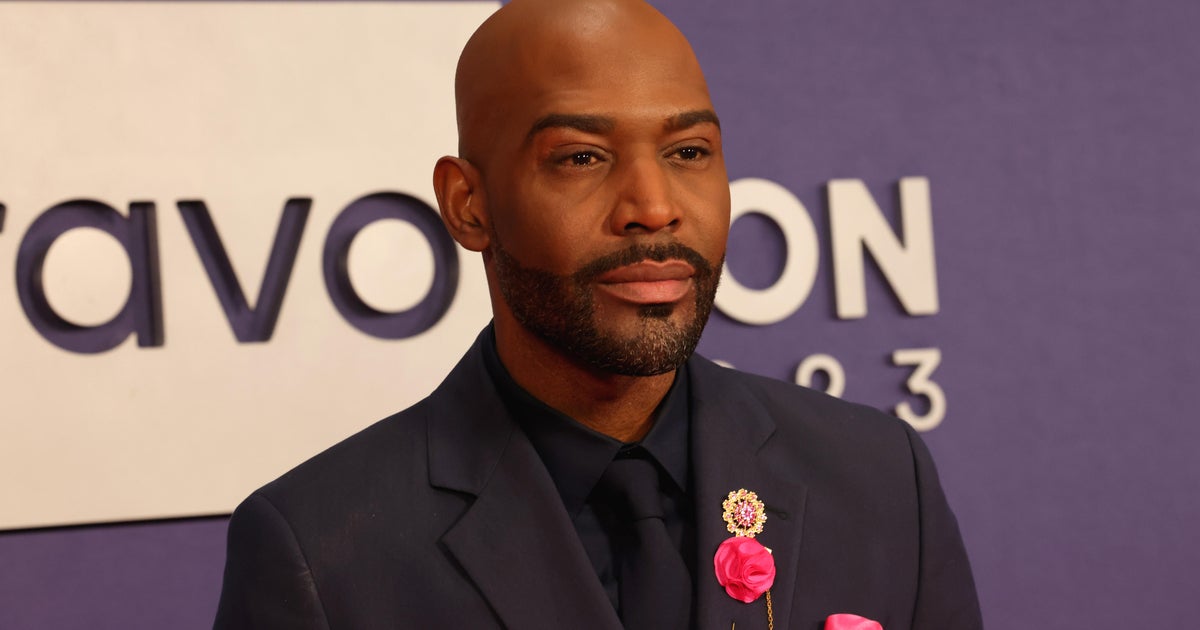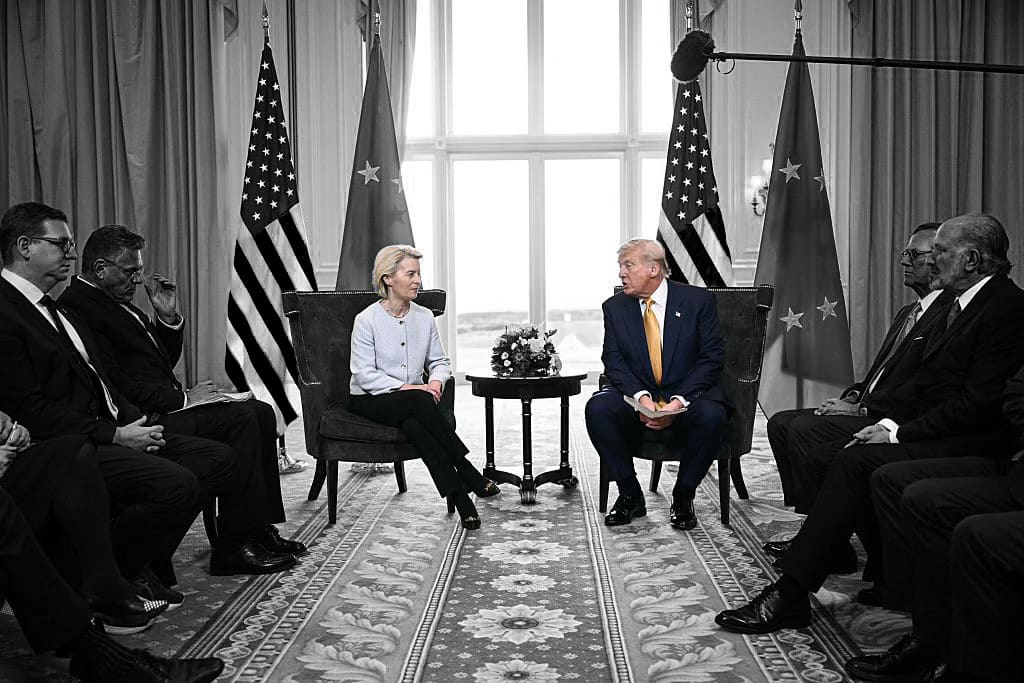EU elections show Britain searching for a firm line on Brexit
London -- Britain's governing Conservative Party has taken a battering in European Union elections. Its leader, Prime Minister Theresa May, announced last week that she will soon resign over the backlash to her handling of the country's exit from the European Union, or Brexit.
May's inability to convince British lawmakers that a divorce deal she hashed out with European negotiators represented a genuine break from the bloc caused deadlock in London which has seen the date for Britain's actual departure pushed from March to the end of October this year.
As the U.K. remains a member, three years after the British public voted to leave the EU, the country was forced by EU law to hold elections to send new representatives to the European Parliament.
The election results in Britain have shown battle lines being drawn; parties can no longer tiptoe around the Brexit issue. Britons have spoken with their votes, making it clear they want a firm stance from their next leader.
As May announced her resignation, she choked up and bid farewell as leader of "the country that I love."
But as CBS News' Ian Lee reports, there was little love from the country or her party as the door shut on her tenure.
May isn't now going quietly into the night, however. First she'll host President Trump for a high profile state visit next week. She will want to ensure a visible bond with the United States with Britain scheduled to step into unknown territory on Oct. 31 as the first nation ever to pull out of the Europe Union.
U.S. foreign policy consultant Michael Szanto says there's, "pretty much no stronger ally that we have than the British. They're a very important trade partner, they have a very strong, prosperous economy."
Those ties could translate into new trade opportunities for the U.K., while President Trump will try to minimize any damage to the strong U.S. economy from a post-Brexit Britain
"I hope it doesn't harm the global economy, and especially, of course, I don't want to see it harm our own economy," Szanto says. "You know, there is a little bit of potential for chaos -- and I'm not trying to say that Brexit will necessarily lead to long-term damage, it's just very risky."
Guiding Britain through Brexit, and all of the difficulties associated with it, will be the role of the new prime minister, who will be chosen from among more than a dozen of May's fellow Conservative Party rivals in an internal party election.
Among the contenders are several former senior members of May's cabinet, who quit citing her handling of Brexit and are vowing to go toe-to-toe with the EU to get a better deal negotiated -- or walk away without one.
But one candidate stands out above the rest; Boris Johnson, one of the most recognizable faces of the pro-Brexit movement, who many critics blame for bringing the country to this point in the first place.
The bookies and odds makers put Johnson at the front of the pack to win the leadership contest -- but in recent history in U.K. elections, the front runner rarely wins, so the smart money may be on one of the many underdogs.





